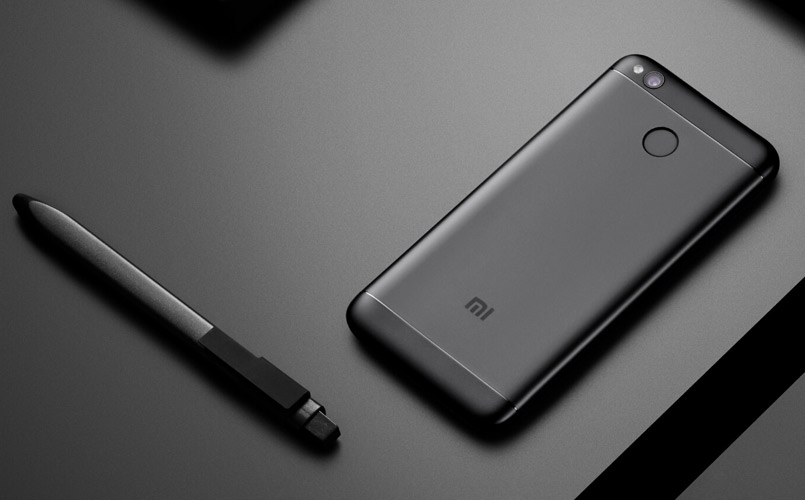As a major step to arrest stock tumbling, Xiaomi Corp (1810.HK) announced a buyback of $1.53 billion worth of shares . This was primarily aimed at cash management for sustainability for its floundering stocks.
Just last week, the company dispensed with an already delayed plan to offer equity in China, a move anticipated at attracting mainland investors keen to bite into global markets. An official claimed to focus on business expansion and development once they had enough capital.
Xiaomi shares listed in Hong Kong previous year, have deprecated by nearly a third of their initial value and are at half their initial public offering price, suffering due to the company’s steeply slowing growth , a market suffering from inflation and increased competition.
The stock has also faced losses at the Hong Kong stock market, which has descended since substantial anti-government protests started in the city in June. Companies on the city’s exchange have collectively suffered a mammoth amount of $152 billion in value since June.
“The board believes that a share repurchase in the present conditions will demonstrate the company’s confidence in its own business outlook and prospects,” Xiaomi said in a stock exchange filing.
Xiaomi’s current financial resources will enable it to implement the repurchase while maintaining a solid financial position, it said.
Xiaomi had capital and cash equivalents of 34.9 billion yuan ($4.92 billion) as of June 30 and total borrowings of 13.8 billion yuan. However the company brought about positive cash flow of approximately 11 billion yuan in the June quarter.
Horse Race
The growth spurt at the Beijing-based company has decreased as the global smartphone market has eventually shrunk and local competition has increased.
According to research firm Canalys, Xiaomi’s market share in China declined by a fifth in the April-June quarter even as that of smartphone giant Huawei Technologies surged by 31%.
Xiaomi’s efforts to thrust higher-end internet services – to balance razor thin margins on its smartphones – has also balked investors as it has struggled to extract more cash out of its growing number of users.
Despite the downfalls, its cheap smartphones have stayed in vogue among Indian consumers, who are buying more phones thanks to easier access to data. Xiaomi is also set to start off a consumer lending business in the country soon, but faces data privacy concerns and competition from U.S. tech giants.





